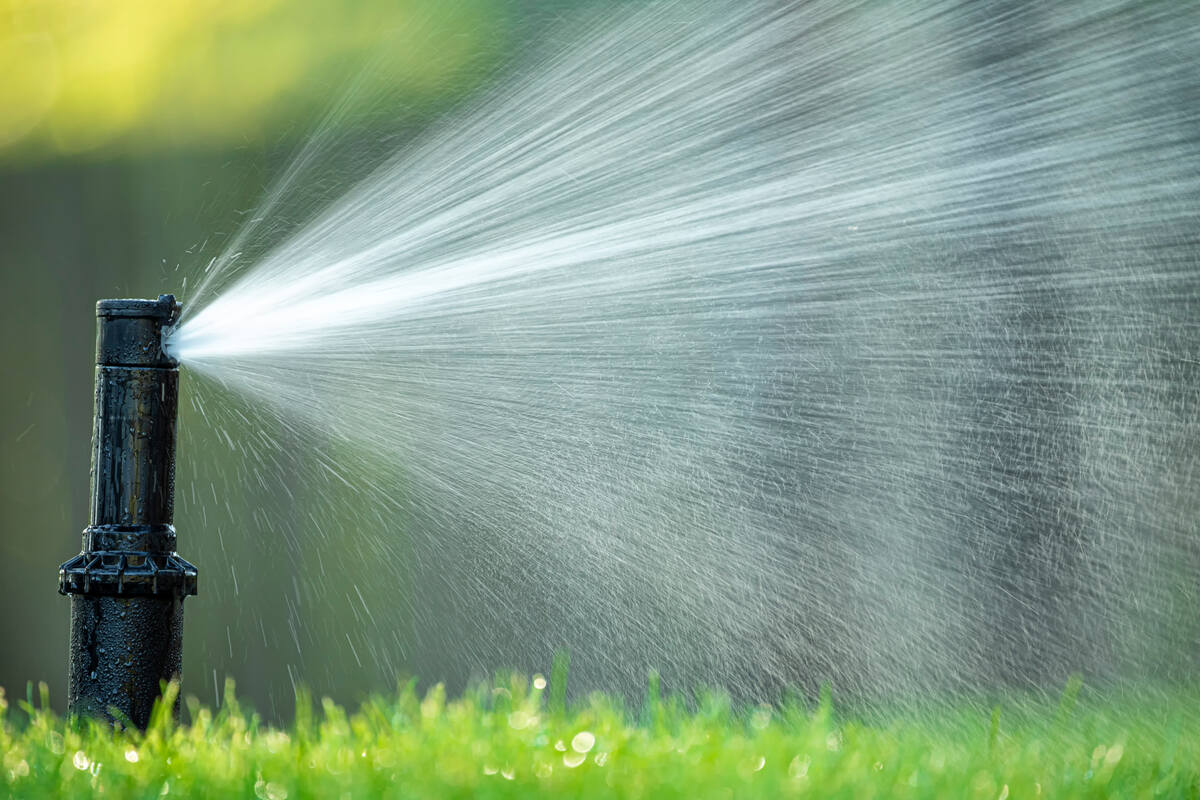
Knowing how to water your lawn in fall and winter helps keep it healthy even when it’s cold. The key is to provide enough water to sustain it without overwatering, which can lead to disease and damage.
In the fall and winter, your lawn’s water needs decrease as growth slows down, but it still requires enough moisture to avoid drying out. Adjust your watering schedule to accommodate for rainfall and cooler temperatures to keep your lawn strong and ready for spring.
Fall and Winter Lawn Watering Guide
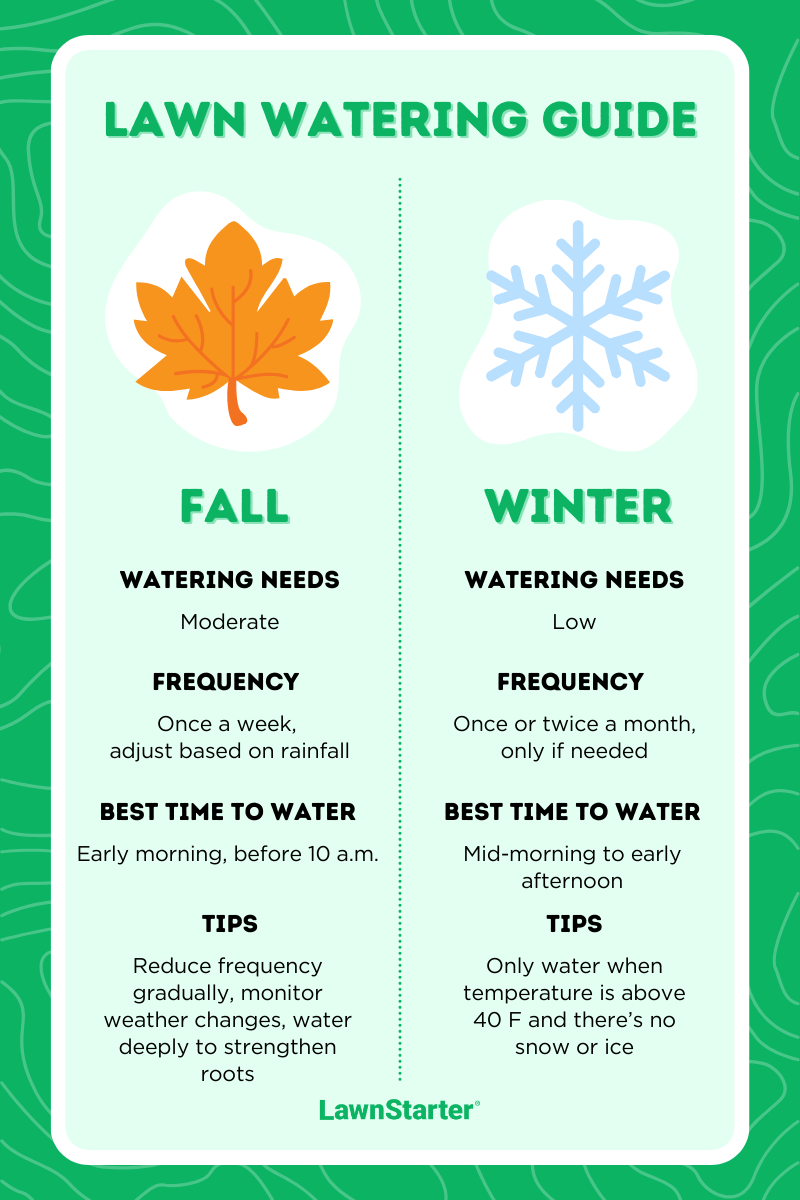
How and When to Water Your Lawn in Fall and Winter
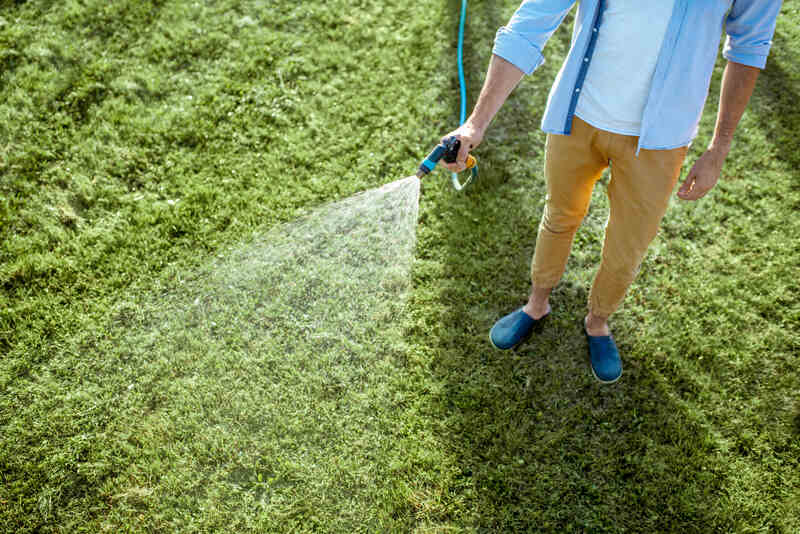
Even though your lawn slows down in late fall and winter, it still needs water to stay healthy. Here’s how to manage your lawn’s hydration during these cooler months:
Fall
Water once or twice a week, preferably between 5 a.m. and 9 a.m. This allows the soil to absorb moisture without excessive evaporation. Let the soil dry out between waterings, and adjust based on rainfall — if it rains, skip the next watering.
Winter
Water only if there’s no snow or ice on the ground and the temperature is above 40 F. In mild climates, this may mean watering once or twice a month. The best time to water is from mid-morning to early afternoon to avoid freezing overnight.
Pro Tip: To see if your lawn needs water in fall, walk on it. If the grass doesn’t spring back, it’s time to water. In winter, dig a few inches into the soil — if it feels dry, it’s time to water.
Tips for Watering Lawns in Fall and Winter
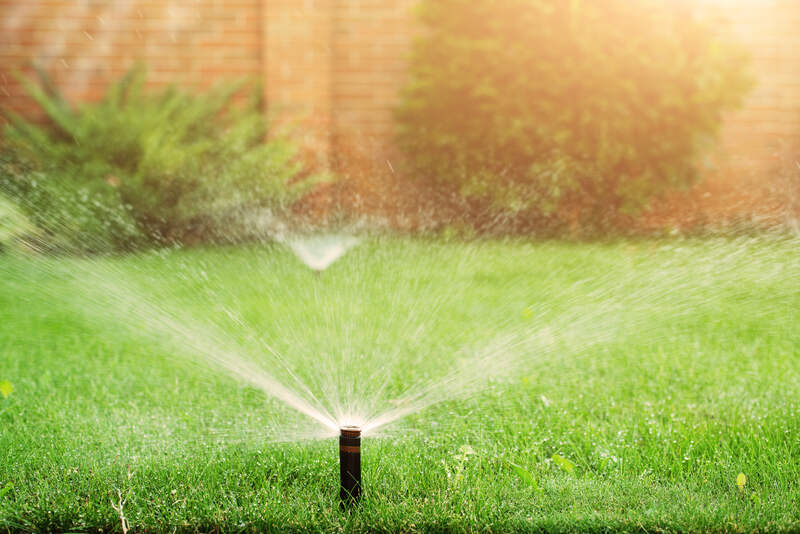
Here are some tips to make your fall and winter watering most effective:
- Adjust Your Sprinkler System: In fall, reduce your watering frequency compared to summer, and in winter, shut off and winterize your sprinkler system if temps fall below freezing in your area.
- Water Wisely: Water deeply but less frequently in both fall and winter to encourage strong root growth. In winter, water sparingly to avoid frozen soil and lawn damage.
- Mulch Leaves in Fall: Instead of raking, mulch leaves into your lawn with a mower. This provides extra nutrients as the leaves break down and helps reduce evaporation, keeping your lawn more hydrated. For tips on using mulch, read: “How to Improve Your Lawn With Mulch.”
- Avoid Overwatering in Winter: Too much water can freeze and damage your lawn. Water only when needed and when the temps are above 40 F. Avoid watering if the soil is already saturated from snow or excess rainfall.
Risks of Overwatering in Fall and Winter
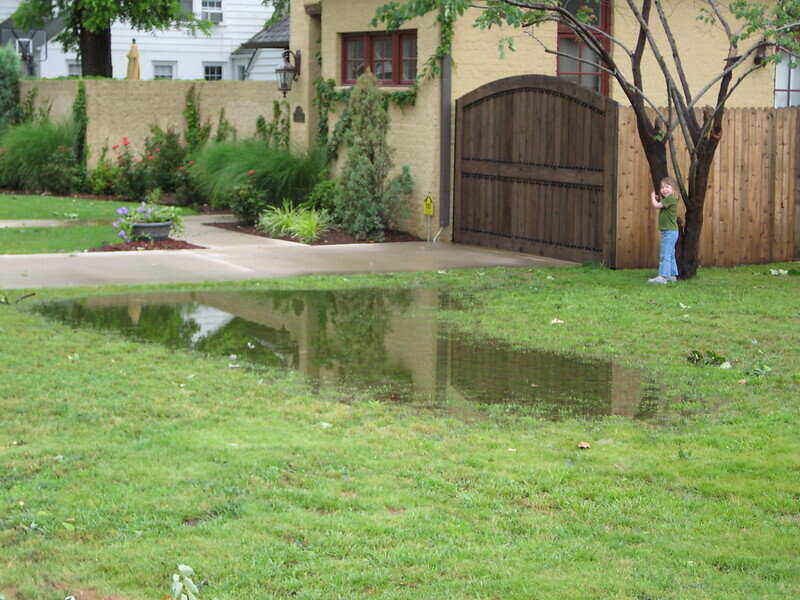
Overwatering your lawn in fall and winter can harm your grass over time. Here are the top reasons why overwatering is risky during the cool seasons:
- Root Rot: Too much water can leave the soil waterlogged, depriving roots of oxygen and causing them to rot. Grass needs less water in cooler temps, so overwatering can suffocate the roots.
- Fungal Diseases: Cool, wet conditions create the perfect environment for fungal growth, leading to diseases like snow mold that can damage or kill your grass. For treatments and costs, check out our article on lawn fungus treatments.
- Weakened Grass: Waterlogged soil can freeze more solidly, leading to root damage. Such soil conditions make your lawn more vulnerable to winter freeze and lead to a more difficult recovery in spring.
- Attracting Pests: Wet conditions attract insects that thrive in damp environments and feed on weakened grass.
- Wasting Water: Overwatering wastes water, especially in drought-prone areas like California, Nevada, and Arizona, where conserving water is critical.
FAQ About Watering Your Lawn in Fall and Winter
What should I do if it snows on my lawn?
If it snows, there’s usually no need to water your lawn since the snow will naturally melt and hydrate the soil. However, avoid walking on your snowy or frozen lawn as much as possible, as this can damage the grass blades and compact the soil, making it harder for roots to breathe.
How do I prepare my lawn for the fall and winter seasons?
Preparing your lawn involves several steps:
- Aerate your lawn in early fall to ensure oxygen, water, and nutrients can reach the root zone.
- Rake and remove leaves regularly to prevent them from forming a wet, suffocating blanket over the grass.
- Overseed in early fall if necessary, to help thicken the lawn and reduce future weed infestation.
For more information, check out our guide: “How to Winterize Your Lawn.”
Is morning dew enough to sustain my lawn in colder months?
While morning dew can help maintain moisture levels in the soil, it’s generally not enough to sustain your lawn, especially during dry spells. You should still monitor the soil moisture and water as needed to ensure your lawn remains healthy.
Should I water my lawn if the winter is unusually warm?
If you’re experiencing an unusually warm winter without much natural precipitation, it’s a good idea to water your lawn. However, always check the soil moisture first to ensure that watering is necessary. Remember, dormant grass doesn’t require as much water as actively growing grass.
Hire a Lawn Care Pro This Season
Managing your lawn’s health through fall and winter can be a complex task. Hiring a professional lawn care service can ensure that your grass gets the right amount of water, at the right time.
Don’t let the stress of seasonal lawn maintenance weigh you down. Contact a lawn care expert today to help with mowing, aerating, and proper watering techniques. Make sure your lawn is as healthy as it can be all year long.
Main Image Credit: maykal / Adobe Stock Free / License